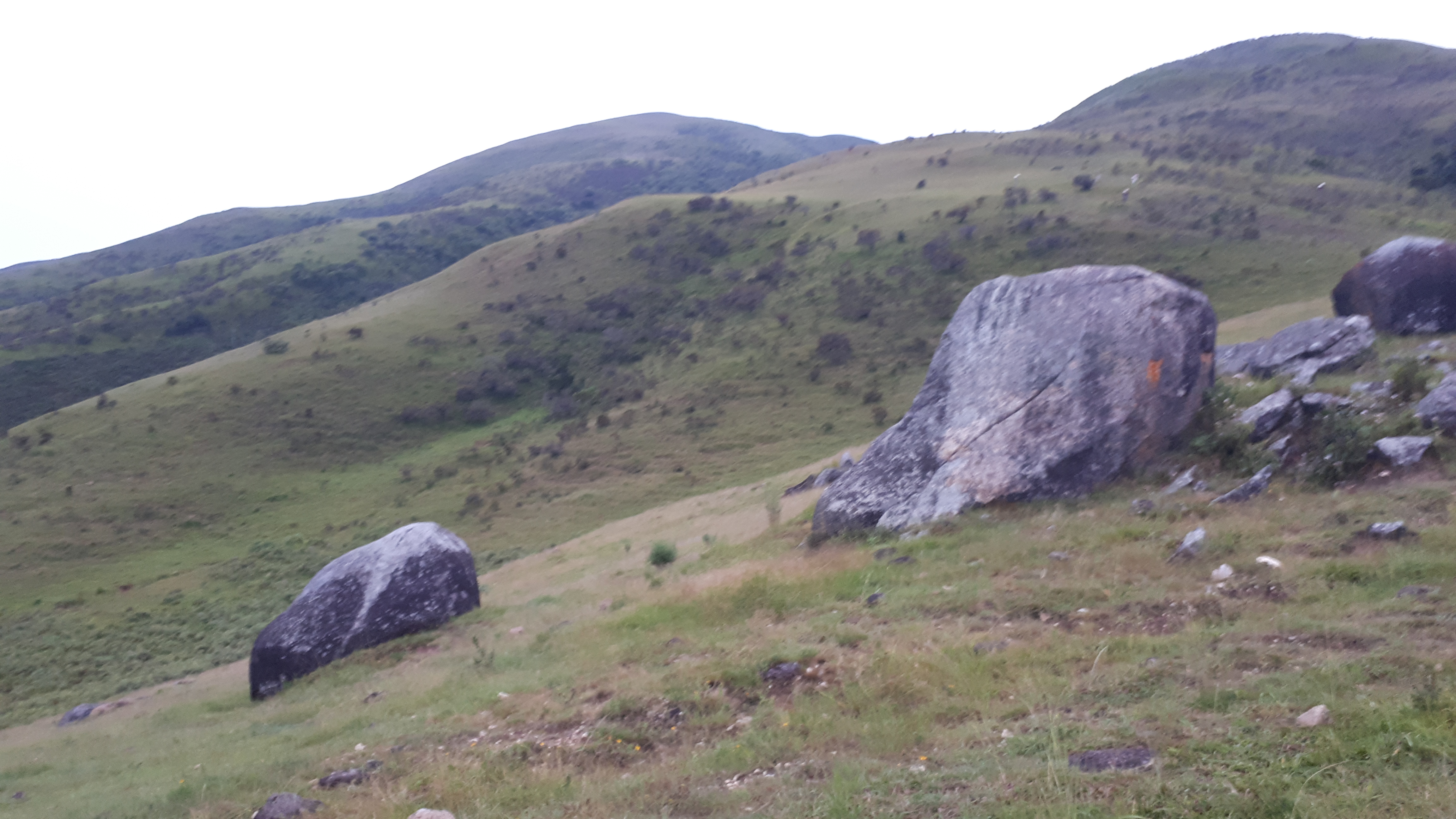
It may be largely agreed that everyone has his own way to rank his needs. Depending on habits, customs and ability, some may formally order them while others do informally rank in our minds. However, economic theories would state that, though multiples and gradual, human needs get satisfied through limited and scarce resources. The limitation of resources restrains and constrains people to satisfying their needs; hence ranking them based on their priorities as they require opportunity costs. It seems to be a daily and normal exercise where some may use sophisticated tools, sheets to a simple mind management.
The case to be discussed in this article is the single top and powerful position in the Democratic Republic of Congo (DRC). Fortunately or unfortunately, the position has to be occupied by only one person for 5 years renewable once. It is a position that can be filled, as stated by the constitution, by one person within millions for 10 successive years. The president office in DRC is the most enviable position by politicians and ranked among their top needs even though it requires deploying more resources to get there. It demands to mobilize as many as you can, establishing coalition and connections within and across countries as well military force in the specific context. Thus, this is one of the facts that make most of people resigning before they dream. However, motivation and interests to occupy the position are unlikely those stated publicly based on 5 decades achievements evaluation.
Nevertheless, prominent political leaders into the DRC’s political arena have initiated campaigns to halt the incumbent president to run for the third electoral mandate. The legal basis is article 220 of the DRC’s constitution that limits the office to 2 successive mandates. Recently, campaigners have had support from the United States of America (USA) through his Special Envoy to the Great Lakes Region, Russ Feingold. It has been greatly appreciated by different stakeholders as well as Congolese politicians dreaming this position. It sounds that political arena in DRC is being encouraged to move into “pluralism and democracy”; a step to be broadly applaused by those coveting the office.
Based on the discussion above, I went back to check my needs and those for ordinary Congolese citizens and realize that the position is unlikely our individual concern. It enters in our needs probably for the second level as a collective obligation to elect the president with achievable promises in turn. What then are priorities and needs for an ordinary Congolese citizen? The response lies in contemplating a daily and painful life of his or her. Despite some advantageous people who might have abusively benefited from national resources, ordinary people are still starving and striving with basic needs.
Rather than forming synergies, alliances, movements and coalitions around article 220, it would be advisable to stress and underline your efforts around constitution’s article 58[1]. Briefly, the article claims openly that access and enjoyment of national resources are citizen’s right. Furthermore, the article expresses that the state has an obligation to equitably redistribute national resources; while guaranteeing individual development rights. Therefore, considering Congolese socio-economic conditions, its trend since long ago, poverty and inequality levels, stressing on presidential mandate limits would unnecessarily be the first priority from my viewpoint.
Unless governance challenges in DRC has to be handled through a trials and errors process for finding the right person at the statehouse. DRC’s governance problems may largely be located at structural and institutional levels than individual level for a head of state capacity. Consequently, it is easier that some individuals can hold power for a longtime; hence resources control as a result of having soft institutions. The power and resources accumulation transform these power holders into almighty. It is in this regard that supporting political process and democracy in DRC would need to emphasize on constitutional respect while having people at the heart of power exercise.
In addition, the history of the country suggests that individual leaders’ behavior have been intertwined with the whole bunch of governance issues. However, comprehensive and holistic solutions would consider focusing on institutional change than only on one top position. Investing in building strong institutions contributes to adequately solve most of our challenges. Furthermore, strong institutions would center their interests on ordinary citizens and their living. It can also be agreed that strong institutions may easily bring in right persons into right positions.
The article wants to express that any support on the political process wouldn’t have to focus separately to a single position, rather efforts have to be deployed around institutions building; while redistributing equitably and equally national resources. Hence, lets change “ne toucher pas à mon article 220” slogan by a redistribution one saying “Executer à la lettre et à l’esprit mon article 58” Your contribution and comments make the blog improving.
NTANYOMA R. Delphin
Twitter account @delphino12
Blog: www.easterncongotribune.com
[1] It states that in french « Tous les congolais ont le droit de jouir des richesses nationales. L’Etat a le devoir de les redistribuer équitablement et de garantir le droit au développement »


Leave a Reply